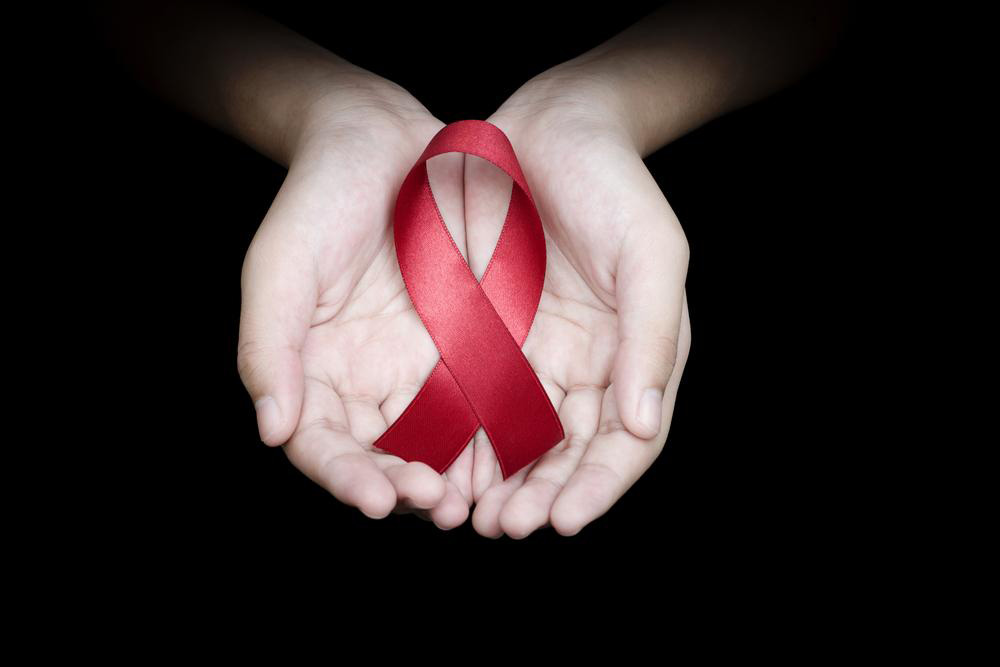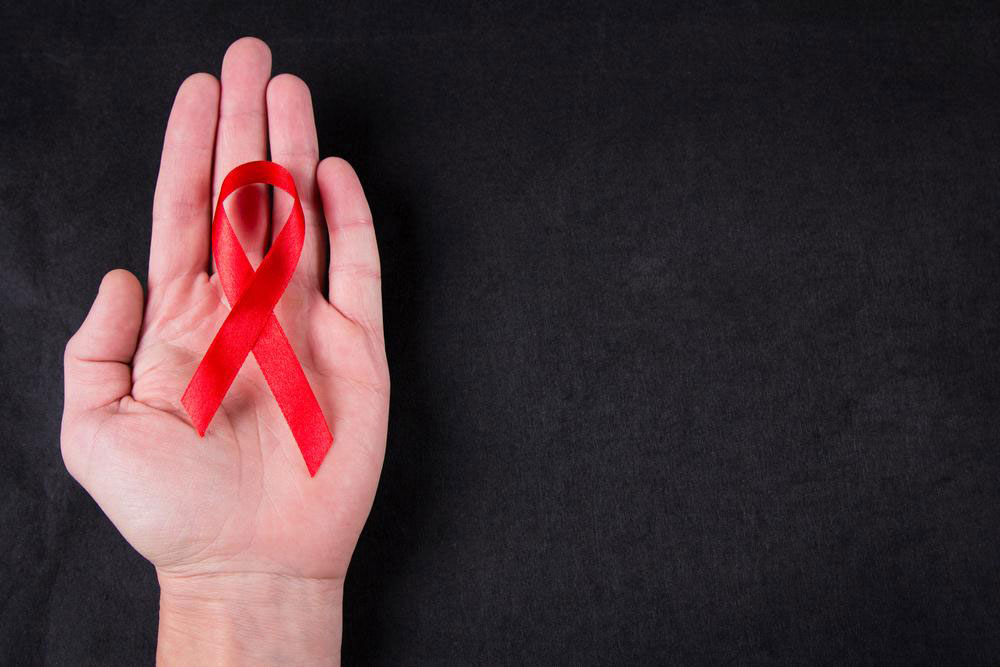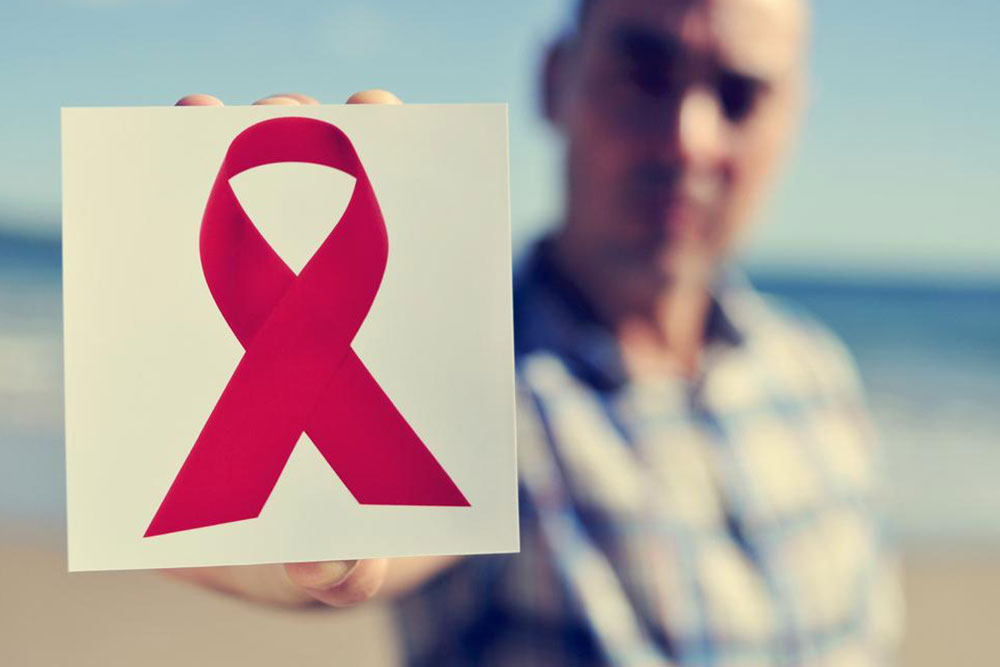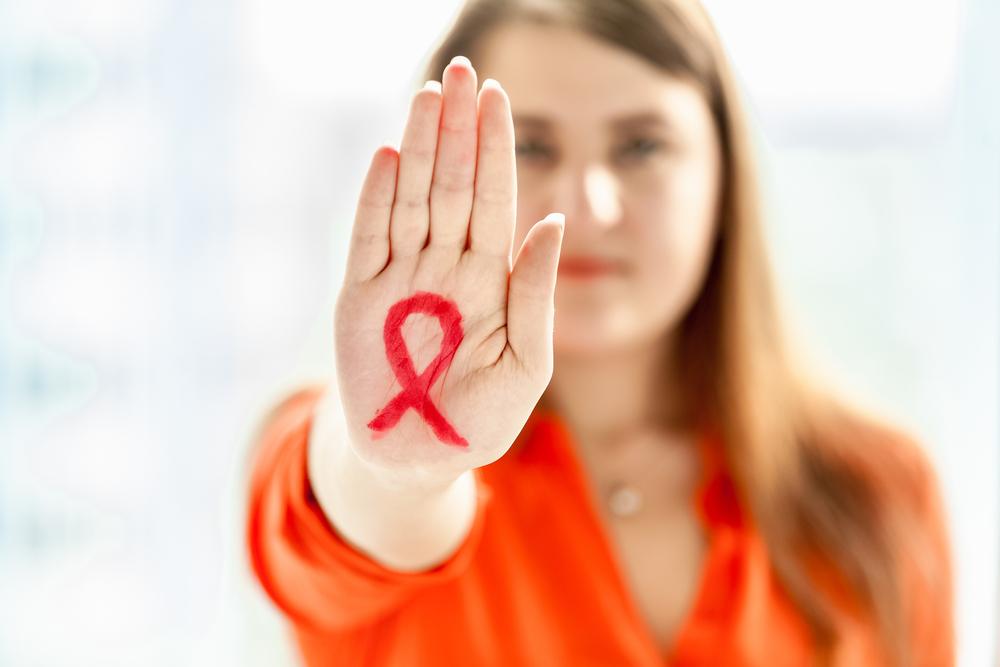Top five causes of HIV
HIV is passed from a person who is already infected to a person who is not. The infection can spread regardless of the fact that symptoms have started showing or not. The HIV virus always needs a host to survive. It cannot survive in any external medium and always gets transferred through body fluids. The ways in which HIV spreads are listed below.
Sexual contact
The first and foremost way in which HIV spreads is through sexual contact.

Sharing needles
When an injection is given, a part of the person’s blood gets into the needle and the syringe. If that person is infected with HIV, then the syringe will contain the virus even after the injection. Now, when that same needle is used for some other person without sterilizing the syringe, then that healthy person will get infected with HIV as the virus from the syringe will diffuse into the his or her bloodstream. So it is better that you never share any needles, syringes or other such equipment.
From mother to her baby
If a pregnant woman has HIV, then that child is bound to have the HIV virus in its bloodstream because the HIV from the mother’s blood passes to the child’s blood through the umbilical cord when the baby is in the womb. It can also pass to the baby after birth when the baby is breastfed with the milk from an infected person.
By accident
HIV spreads through body fluids. But it may also spread without your knowledge. Health care workers, who are handling blood all throughout the day, should always be careful to put on gloves. They may accidentally be pricked by a needle, which may contain infected blood.
Blood transfusion
Before blood transfusion, the blood of the donor should be checked. Anyone may be infected with HIV and he or she may not be aware of it. If that infected blood is transfused into a healthy patient then that person will get the infection.




